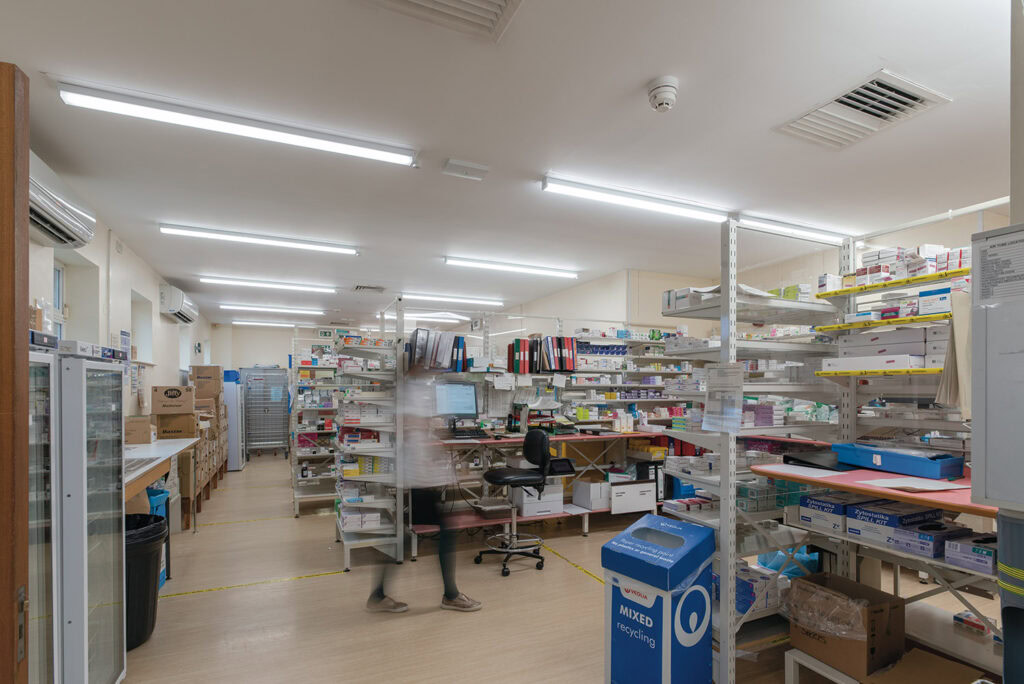The plans, unveiled today (March 19), will see requirements for issuing Waste Transfer Notes (WTNs) slackened, while a full review of the waste electrical and electronic equipment (WEEE) system will also take place.
The announcement is the culmination of the departments consultation on cutting red tape in environmental legislation, launched in April 2011 (see letsrecycle.com story). Over the consultation period, Defra received over 3,500 recommendations from organisations across the environmental sector, including the waste industry.
Waste Transfer Notes
While Defras proposals to cut red tape do not just relate to waste, this is where the bulk of the proposals are focused.
At present, Defra says that many small businesses view the current need for them to fill out reams of paperwork to record the transfer of their waste is unnecessary and overly time-consuming with 23.5 million paper Waste Transfer Notes produced each year. The department is therefore planning to consult on freeing businesses from having to fill in unnecessary waste transfer notes by allowing them to use other forms of evidence instead, such as invoices.
A statementaccompanying the announced said: A quick and easy electronic recording system will also be introduced from January 2014 which will do away with the unnecessary admin, saving businesses at least 5 million per year.
WEEE
With regards to waste electrical and electronic equipment (WEEE), the department says that producers of electrical equipment often have to pay more for the collection, treatment, recovery and recycling of their market share of WEEE through producer compliance schemes than the true costs of recycling these items.
As a result, it says that the Department for Business, Innovation and Skills will consult on a range of options for changes to the existing regulations in early 2013. Importantly, this will include an option for a new central allocation system for local authority sites to help the schemes fully align collections with their members obligations. This has long been an issues which has attracted attention and some controversy within the WEEE arena.
Defra also announced that the burden of producer responsibility obligations will be relaxed for small businesses, meaning that more small portable battery producers will be exempt from the requirement.
Hazardous waste
Meanwhile, the 31 pages of guidance on recording hazardous waste disposal will also be simplified by the summer, to make it cheaper and easier for businesses to comply with the regulations.
Elswhere, firms will also be given the flexibility to decide the order of their planning and environmental permitting, so that if they think one application could , they can get a decision on that first before proceeding with the other. Defra predicts that around 450 applications per year currently lack this flexibility, and will look to extend this to all businesses by April 2013.
Better rules
Announcing the changes, Mrs Spelman said: I want to be very clear that this is not about rolling back environmental safeguards, nor is it just about cutting regulation to stimulate growth. Weve always said that we were going to keep the vitally important protection our environment needs. This was about getting better rules, not weaker ones.
“The package of changes we have secured will make a real difference to business”
Robert Hunt, Veolia ES
The results of the Red Tape Challenge will be good for the environment and good for business, because as well as upholding environmental protection we will remove unnecessary bureaucracy to allow businesses to free up resources to invest in growth.
Were making it easier for people to do the right thing, by making rules clearer and by getting rid of old, unworkable regulations. This is a prime example of how we can help grow a green economy whilst looking after our natural resources.
Robert Hunt, executive director at Veolia Environmental Services, was last year appointed as the ‘sector champion’ for the environment theme.
Speaking after Defras announcement today, he said: Im delighted that so many businesses have contributed to this unique opportunity to ease the burdens placed on industry by some overly complex and unnecessary environmental regulations.
Protecting the environment and the resources it provides is good for business and vital for economic growth, so it has been our primary goal to ensure that important regulations were not weakened by this process.”
Related Links
MrHunt added that he felt that the package of changes which had been accepted by the government “will make a real difference to business while upkeeping the environmental protections we all want to see remain.












Subscribe for free